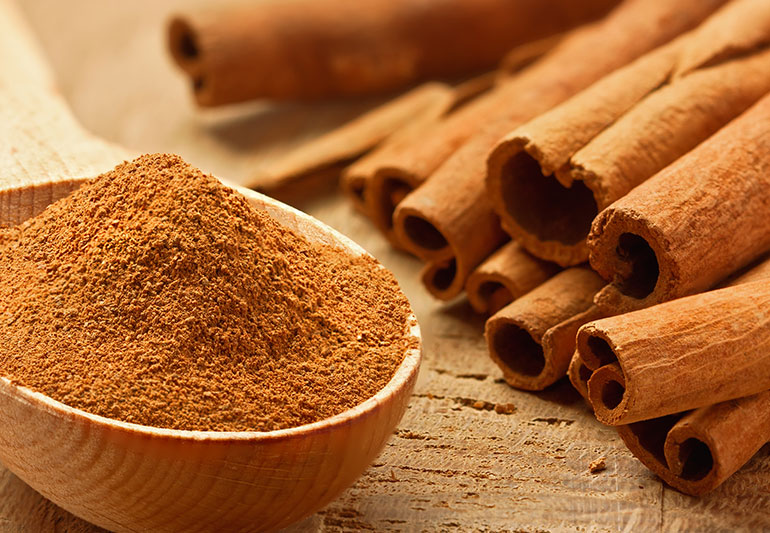For centuries, cinnamon has graced our kitchens, adding warmth and depth to countless dishes. Beyond its culinary prowess, this aromatic spice boasts an impressive repertoire of health benefits, and one that stands out for people with diabetes is its potential to help manage blood sugar levels. Let’s explore the science behind this powerful spice and how it can be incorporated into your diabetic diet.
Understanding the Sugar Struggle: Insulin Resistance and its Impact
Diabetes, in its various forms, arises from a malfunction in the body’s insulin system. Insulin acts like a key, unlocking the doors of our cells and allowing sugar (glucose) to enter and be used for energy. In individuals with diabetes, this key either becomes malfunctioning (type 1) or the cells develop resistance to it (type 2), leading to a buildup of sugar in the bloodstream. This excess sugar, if left unchecked, can cause serious health complications.

Cinnamon: A Sweet Ally in Blood Sugar Management
Enter cinnamon, the fragrant spice with surprisingly potent anti-diabetic properties. Studies have shown that cinnamon possesses insulin-sensitizing effects, meaning it helps your body utilize insulin more efficiently, promoting better sugar uptake by your cells. This translates to potentially lowering fasting blood sugar levels and even offering some curtailment of post-meal sugar spikes. While research suggests cinnamon alone cannot be a stand-alone treatment, it can be a valuable addition to your overall diabetes management plan when used alongside conventional medical care and a healthy lifestyle.
Dosing Up: How Much Cinnamon is Safe and Effective?
While cinnamon packs a powerful punch, it’s crucial to consume it in moderation. The recommended daily intake for diabetics is generally considered to be 1-2 grams of cinnamon extract, divided into 2-3 doses throughout the day. This could be incorporated in various ways, like adding the extract to smoothies or yogurt, sprinkling ground cinnamon on oatmeal or fruit, or enjoying a delicious cinnamon tea.
Brewing Your Way to Better Health: Cinnamon Tea Recipe
Here’s a simple recipe for a soothing and potentially beneficial cinnamon tea:
Ingredients:
- 1 cup water
- 2-3 pinches ground cinnamon
- Optional: Honey or other natural sweetener (use sparingly)
Instructions:
- Bring water to a boil in a saucepan.
- Add cinnamon and simmer for 2-5 minutes, allowing the flavors to infuse.
- Turn off heat, strain, and let cool slightly.
- Add honey or another sweetener to taste, if desired.
Expert Tip: Enjoy your cinnamon tea first thing in the morning or 15 minutes before meals for optimal potential benefits. However, remember to consult your doctor before making significant changes to your diet or incorporating new supplements, especially if you’re taking medication.
FAQs: Unraveling the Cinnamon and Diabetes Connection
1. What type of cinnamon is best for diabetes?
Ceylon cinnamon is generally considered the safest and most beneficial for managing blood sugar.
2. Can cinnamon interact with my diabetes medication?
Yes, it’s possible. Always consult your doctor before adding cinnamon to your diet, especially if you’re taking medication to manage blood sugar or other conditions.
3. Is cinnamon tea safe for everyone with diabetes?
While generally safe for most, it’s crucial to check with your doctor first, especially if you have any underlying health conditions or concerns.
4. How long does it take for cinnamon to show its effects on blood sugar?
The effects of cinnamon may vary depending on individual factors. It’s essential to be patient and consistent with your intake and monitor your blood sugar levels regularly.
5. Are there any side effects of consuming cinnamon?
Consuming large amounts of cinnamon can cause side effects like stomach upset or allergic reactions. Stick to the recommended dosage and be mindful of any potential issues.




